Victor Conte holds up a signed photo of Marion Jones, with a dedication “To Victor”, in his office in 2003. Photograph: Paul Sakuma/APView image in fullscreenVictor Conte holds up a signed photo of Marion Jones, with a dedication “To Victor”, in his office in 2003.
Photograph: Paul Sakuma/APDrugs in sportVictor Conte, architect of infamous sport steroids scandal, dies aged 75Balco boss revealed Marion Jones used growth hormonesConte served four months in prison over involvementAssociated PressTue 4 Nov 2025 10.33 GMTLast modified on Tue 4 Nov 2025 12.46 GMTShareVictor Conte, the architect of a scheme to provide undetectable performance-enhancing drugs to professional athletes including the baseball stars Barry Bonds and Jason Giambi and the Olympic track champion Marion Jones decades ago, has died. He was 75.The federal government’s investigation into a company Conte founded, the Bay Area Laboratory Co-Operative (Balco), yielded the convictions of Jones, the elite sprint cyclist Tammy Thomas and the former NFL defensive lineman Dana Stubblefield, along with coaches, distributors, a trainer, a chemist and a lawyer.Conte, who served four months in federal prison for dealing steroids, talked openly about his former clients.
He went on television to say he had seen the three-time Olympic medallist Jones inject herself with human growth hormones, but always stopped short of implicating Bonds, the San Francisco Giants slugger.Quick GuideHow do I sign up for sport breaking news alerts?ShowDownload the Guardian app from the iOS App Store on iPhone or the Google Play store on Android by searching for ‘The Guardian’.If you already have the Guardian app, make sure you’re on the most recent version.In the Guardian app, tap the Menu button at the bottom right, then go to Settings (the gear icon), then Notifications.Turn on sport notifications.Was this helpful?Thank you for your feedback.The investigation led to the book Game of Shadows. A week after the book was published in 2006, Major League Baseball’s commissioner, Bud Selig, hired the former senate majority leader George Mitchell to investigate steroids.Conte said he sold steroids known as “the cream” and “the clear” and advised on their use to dozens of elite athletes, including Giambi, a five-time major league All-Star, the Mitchell report said.“The illegal use of performance-enhancing substances poses a serious threat to the integrity of the game,” the Mitchell report concluded.
“Widespread use by players of such substances unfairly disadvantages the honest athletes who refuse to use them and raises questions about the validity of baseball records.”Mitchell said the problems did not develop overnight. He said everyone involved in baseball in the prior two decades – including commissioners, club officials, the players’ association and players – shared some responsibility for what he called “the steroids era”.View image in fullscreenThe San Francisco Giants’ Barry Bonds hits his 700th career home run off the San Diego Padres pitcher Jake Peavy in September 2004.
Photograph: Jeff Chiu/APThe federal investigation into Balco began with a tax agent digging through the company’s trash. Conte wound up pleading guilty to two of the 42 charges against him in 2005 before a trial.
Six of the 11 convicted people were ensnared for lying to grand jurors, federal investigators or the court.Bonds’ personal trainer Greg Anderson pleaded guilty to steroid distribution charges stemming from his Balco connections. Anderson was sentenced to three months in prison and three months of home confinement.Bonds was charged with lying to a grand jury about receiving performance-enhancing drugs and went on trial in 2011.
Prosecutors dropped the case four years later when the government decided not to appeal to the supreme court against an overturned obstruction of justice conviction.A seven-time National League MVP and 14-time All-Star outfielder, Bonds ended his career after the 2007 season with 762 homers, surpassing the record of 755 that Hank Aaron set from 1954-76. Bonds denied knowingly using performance-enhancing drugs but has never been elected to the Baseball Hall of Fame.Bonds did not respond to an email seeking comment.skip past newsletter promotionSign up to The RecapFree weekly newsletterThe best of our sports journalism from the past seven days and a heads-up on the weekend’s actionEnter your email address Sign upPrivacy Notice: Newsletters may contain information about charities, online ads, and content funded by outside parties.
If you do not have an account, we will create a guest account for you on theguardian.com to send you this newsletter. You can complete full registration at any time.
For more information about how we use your data see our Privacy Policy. We use Google reCaptcha to protect our website and the Google Privacy Policy and Terms of Service apply.after newsletter promotionConte told the Associated Press in a 2010 interview: “Yes, athletes cheat to win, but the government agents and prosecutors cheat to win, too.” He also questioned whether the results in such legal cases justified the effort.Conte’s attorney, Robert Holley, did not respond to an email and phone call seeking comment.
Snac System, the company that announced Conte’s death, did not respond to a message sent through the company’s website.After serving his sentence in a minimum security prison he described as “like a men’s retreat,” Conte got back in business in 2007 by resuscitating a nutritional supplements business he had launched two decades earlier called Scientific Nutrition for Advanced Conditioning (Snac) System. He located it in the same building that once housed Balco in Burlingame, California.View image in fullscreenVictor Conte holds up one of the drugs he sold, at his office in Burlingame in 2003.
Photograph: Paul Sakuma/APConte remained defiant about his central role in doling out designer steroids to elite athletes. He maintained he simply helped “level the playing field” in a world already rife with cheaters.To Dr Gary Wadler, a then-member of the World Anti-Doping Agency, Conte may as well have been pushing cocaine or heroin.
“You are talking about totally illegal drug trafficking. You are talking about using drugs in violation of federal law,” Wadler said in 2007.
“This is not philanthropy and this is not some do-gooding. This is drug dealing.”Explore more on these topicsDrugs in sportAthleticsBaseballCyclingMLBNFLUS sportsnewsShareReuse this content
Source: The Guardian Sport
Read the full article at: The Guardian Sport


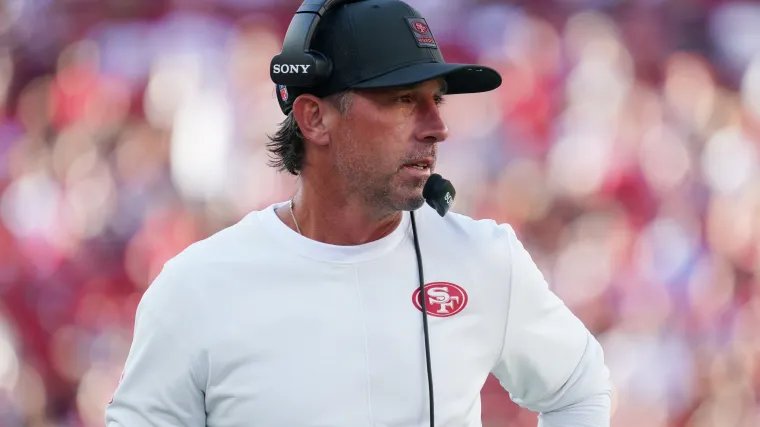

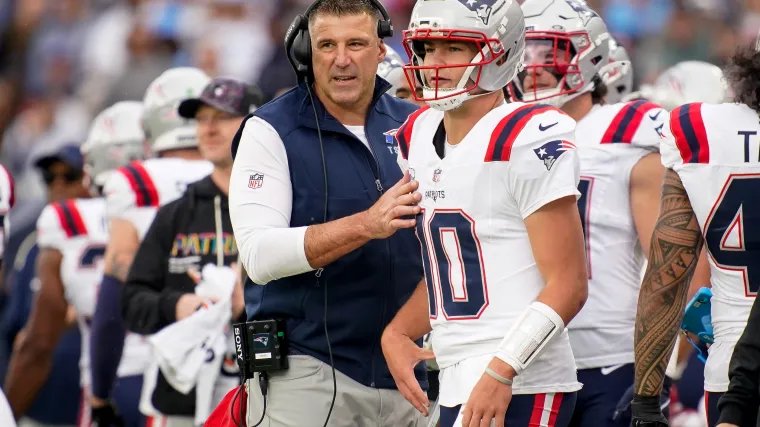
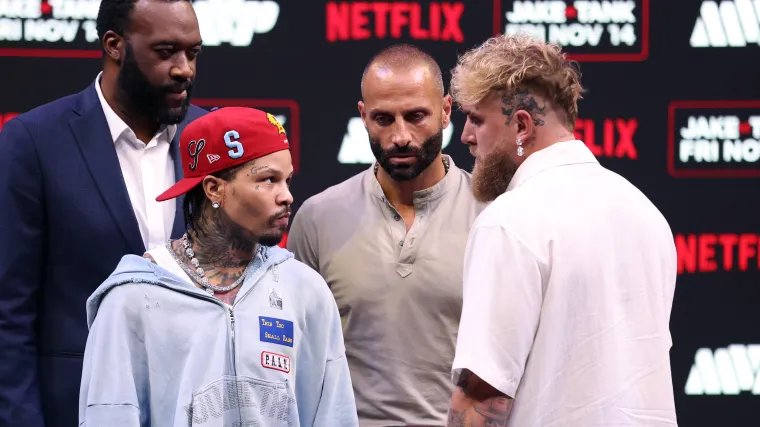
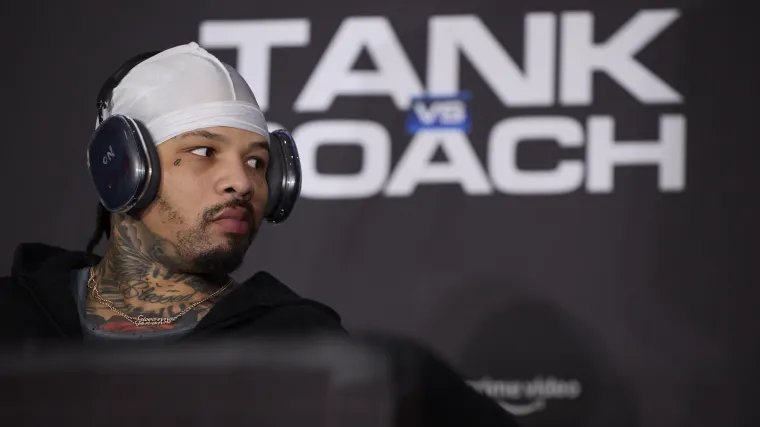
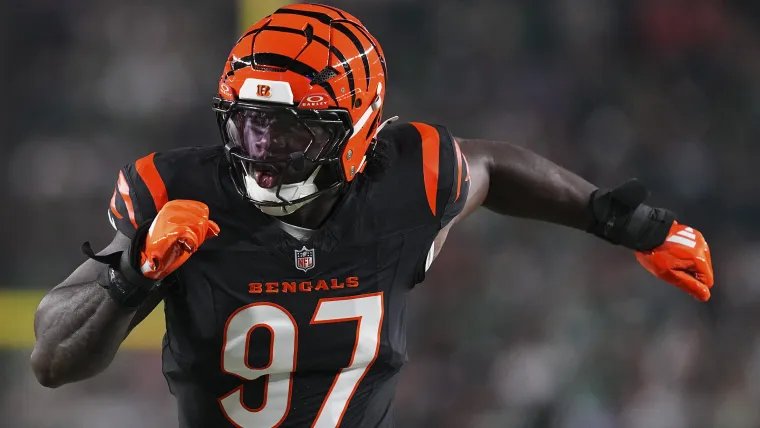
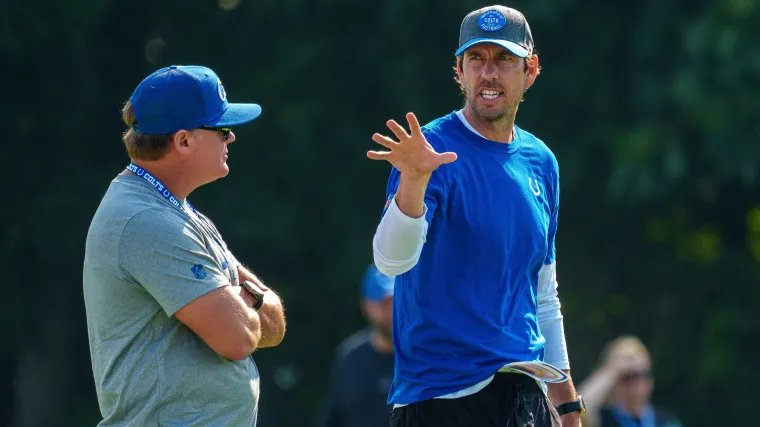
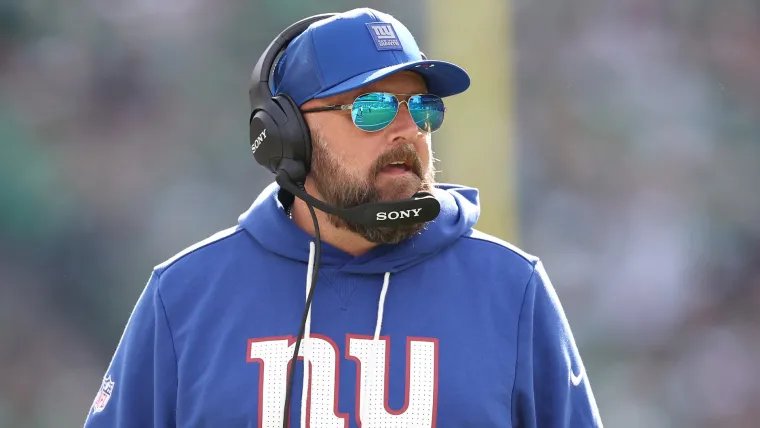
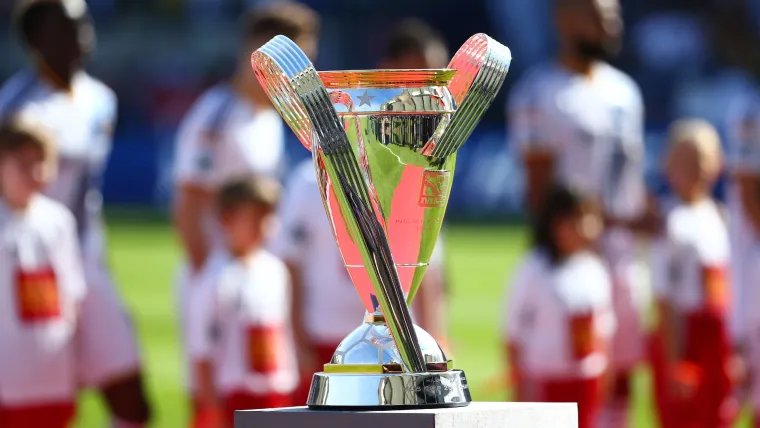
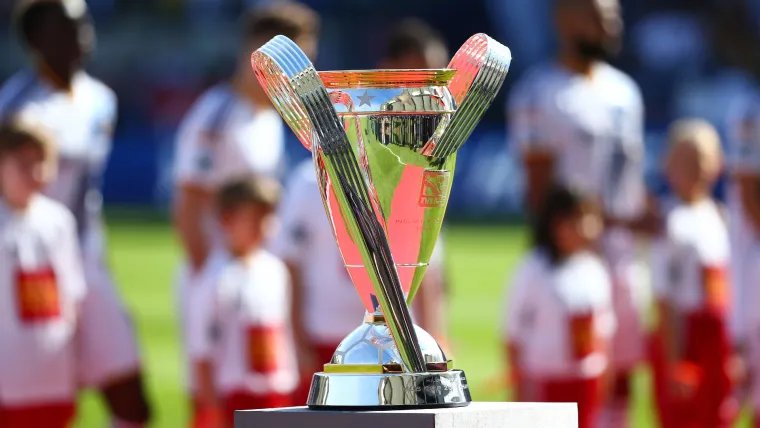
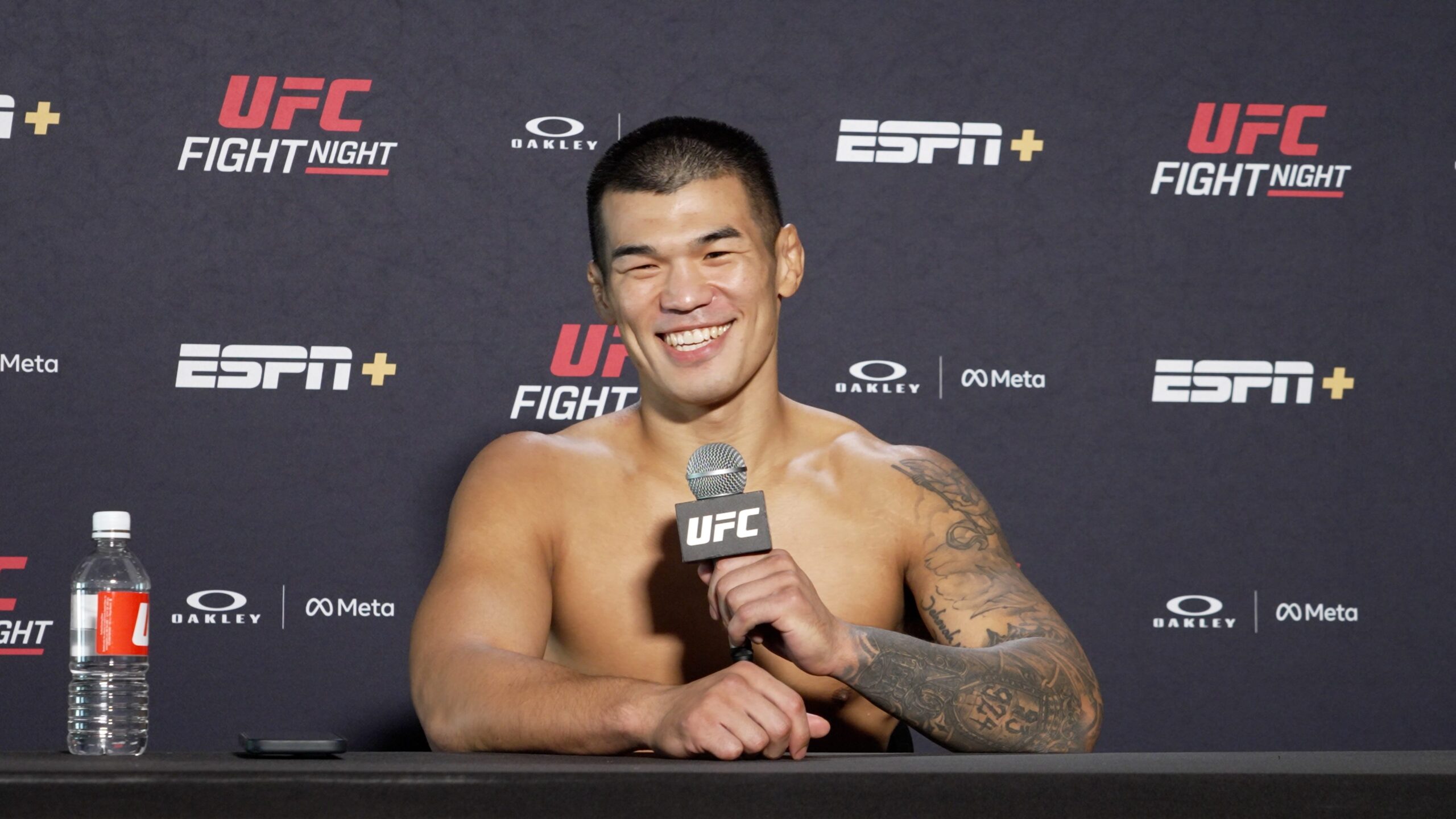

Leave a Reply